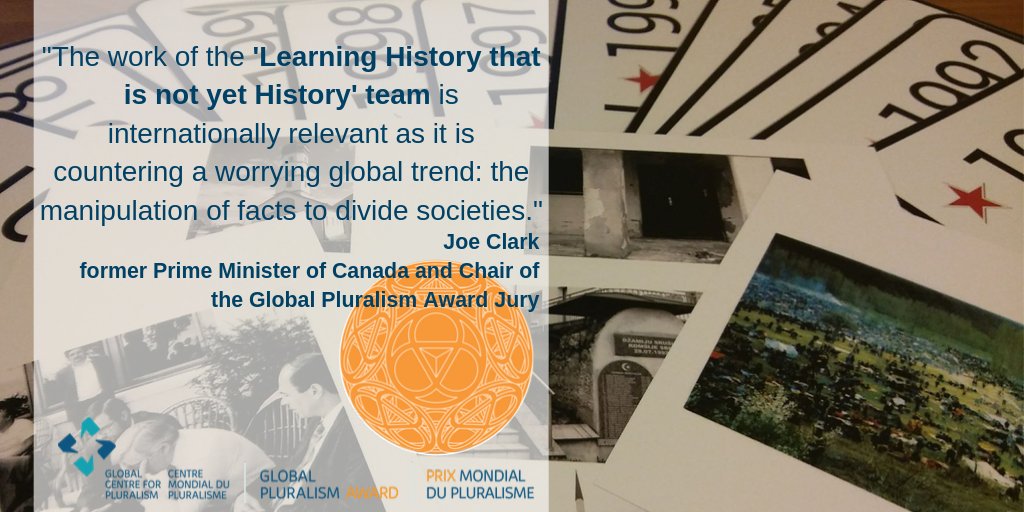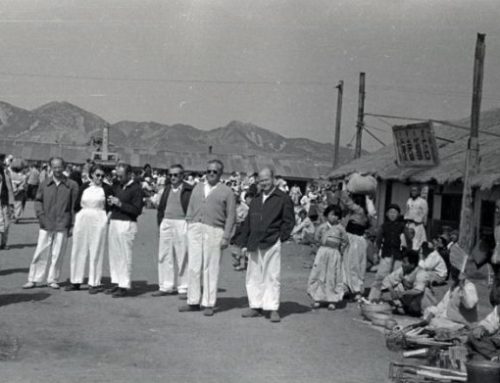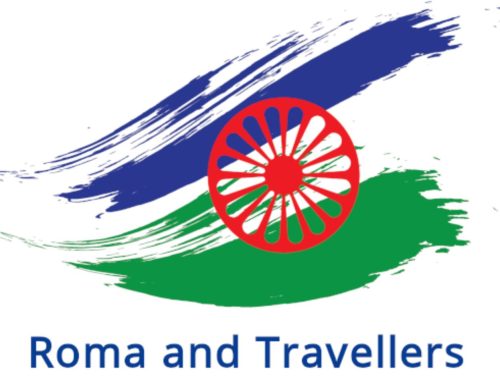EuroClio is pleased to see that the award-winning “Learning History that is not yet History” team is receiving recognition for their work at the Paris Peace forum at the event:
How Can Pluralism Strengthen Peace?
Lessons from the 2019 Global Pluralism Award winners
The Global Center for Pluralism will discuss how history education and community-based reconciliation can help strengthen pluralism, sustain peace and prevent conflict in diverse societies.
Meredith Preston McGhie, the Secretary General of the Global Centre for Pluralism, will be joined by Bojona Dujkovic and Aung Kyaw Moe, the two winners of the 2019 Global Pluralism Award.
Bojona Dujkovic is part of the EuroClio’s ‘Learning History that is not yet History‘ team, that worked on answering the question: How to teach the history of recent wars that is often considered not to be history yet, but is remembered in so many different ways, and has been investigated in great detail in the context of transitional justice?
The team consisted mostly of teachers and their associations from former Yugoslavia. Several outcomes arose from that project, namely a an online database of existing educational resources dealing with the 1990s wars, a workshop, a research report and policy recommendations.
The event in Paris will discuss how many of the most intractable challenges we face today − from entrenched poverty to conflict-driven migration − stem from the exclusion and resentment of groups defined as “the other”.
Group-based grievances arising from inequality, exclusion and feelings of injustice increase the risk of instability and conflict. Pluralism is the choice to see diversity contribute to the common good. Making this choice is essential to building more secure, peaceful and resilient societies.












